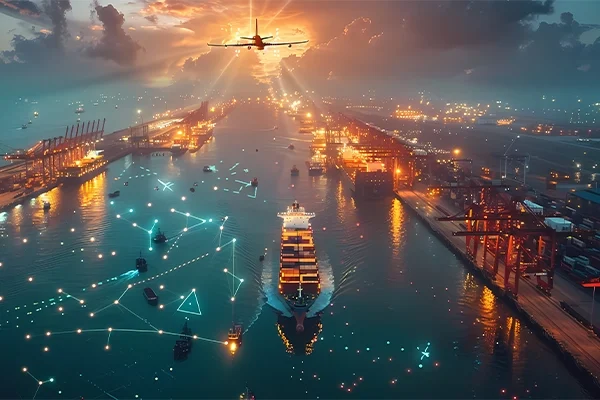The maritime sector is one of the pillars of the global economy. From industrial fishing to international shipping, ships are responsible for moving more than 80% of world trade. In this context, having quality supplies and innovative solutions is not only a competitive advantage, but a necessity to ensure safety, efficiency, and sustainability. You know this well: every detail counts when it comes to keeping a ship fully operational.
The importance of ship supplies
Ship supplies are a key aspect of the daily operations of any shipping company or fishing fleet. From valves and tools to engine parts, each item plays a fundamental role in avoiding unnecessary downtime and ensuring compliance with international regulations.
When you are on the high seas, you will see that a fast and reliable supply allows ships to maintain their activity even in demanding conditions. This is especially relevant in the tuna and fishing sector, where time margins are tight and there is no room for delays.
Technological innovation in the naval sector
Digitalization and the energy transition are transforming the maritime industry. Modern ships incorporate advanced instrumentation systems—such as digital pressure gauges, smart thermometers, and sensors—that allow real-time monitoring of performance and safety conditions.
In addition, the use of more resistant materials and efficient filtration systems helps to extend the useful life of equipment, reduce maintenance costs, and comply with increasingly strict environmental regulations.
Safety and preventive maintenance on ships
Safety is a priority in the naval sector. The use of quality gaskets, certified valves, and specific tools not only reduces the risk of accidents but also ensures compliance with international standards.
By committing to preventive maintenance, you will avoid costly breakdowns and prolonged downtime. This is where specialized suppliers play a key role: offering certified products and technical advice ensures that vessels are always ready to set sail.
Strategic supplies in key ports
In areas with high maritime activity, such as major tuna ports, having an experienced local supplier is vital. You will see that rapid response times make the difference between a vessel being grounded and one that continues its activity without delay.
A comprehensive supply service guarantees the immediate availability of tools, fasteners, clamps, and specific spare parts for marine machinery. This not only optimizes performance but also strengthens shipowners’ confidence in their operations.
Towards a more sustainable naval sector
Sustainability is one of the major challenges facing the maritime sector. Today, you can see how new filtering systems, the use of alternative fuels, and the optimization of energy consumption are already setting the course for the industry.
Suppliers that include responsible solutions in their catalogs enable fleets to adapt to these new demands without losing sight of operational efficiency or market competitiveness.
Conclusion
The future of the naval sector is being written with innovation, safety, and sustainability. Committing to quality supplies, preventive maintenance, and advanced technology is essential to meet current and future challenges.
In this scenario, having a partner specialized in naval supplies not only ensures immediate operability but also opens the door to sustainable growth in an industry that never stops.

